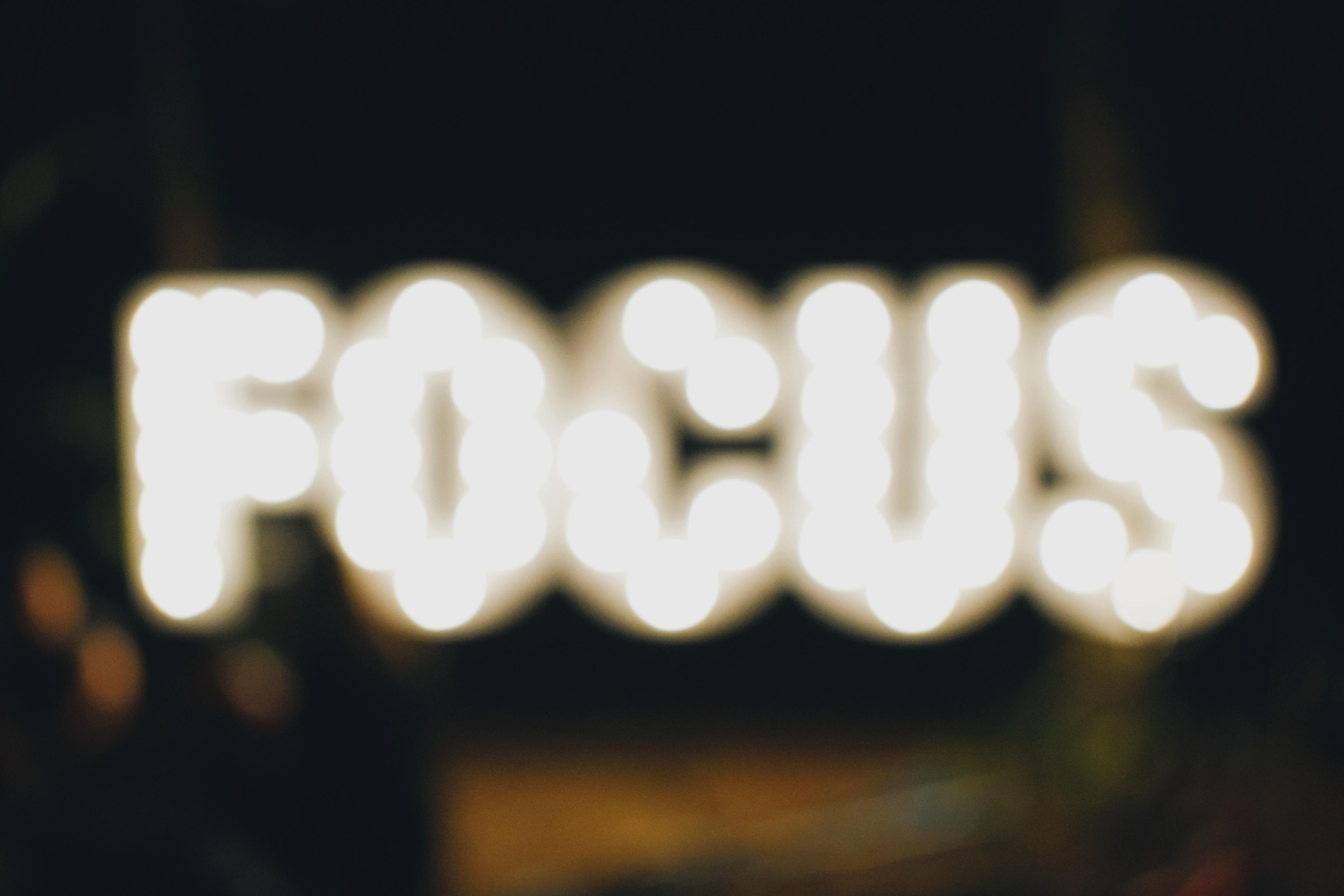Hyperfocus vs scatterfocus
- Hyperfocus: it means directing your attention outward. It's the most productive mode of our mind, when one task fills our full attention.
- Scatterfocus: it means directing your attention inward. It's the most creative mode of our mind, when we deliberately let our mind wander.
1.54K
2.86K reads
CURATED FROM
IDEAS CURATED BY
The idea is part of this collection:
Learn more about personaldevelopment with this collection
Why happiness is the ultimate goal
The importance of creating value
How to create wealth in the modern era
Related collections
Similar ideas to Hyperfocus vs scatterfocus
Scatter Focus
Scatter Focus: Our Brains Hidden Creative Mode
Different style of scatter focus
- Capture mode: Letting your mind roam freely and capturing whatever comes up.
- Problem-crunching mode: Holding a problem loosely in your mind a...
Scatter focus to be more productive
It's not just about fewer distractions but also about the mind being less stimulated.
If we are distracted in each moment, those moments of overstimulation add up to create a life that feels overwhelming
Scatter focus - let your mind deliberately wa...
Hyper Focus Ritual
To hyperfocus,
- Choose a productive or meaningful object of attention;
- Eliminate as many external and internal distractions as you can;
- Set a timer
- Focus on that chosen object of attention;
- Continually draw your focus back to that one object of attention....
Read & Learn
20x Faster
without
deepstash
with
deepstash
with
deepstash
Personalized microlearning
—
100+ Learning Journeys
—
Access to 200,000+ ideas
—
Access to the mobile app
—
Unlimited idea saving
—
—
Unlimited history
—
—
Unlimited listening to ideas
—
—
Downloading & offline access
—
—
Supercharge your mind with one idea per day
Enter your email and spend 1 minute every day to learn something new.
I agree to receive email updates

